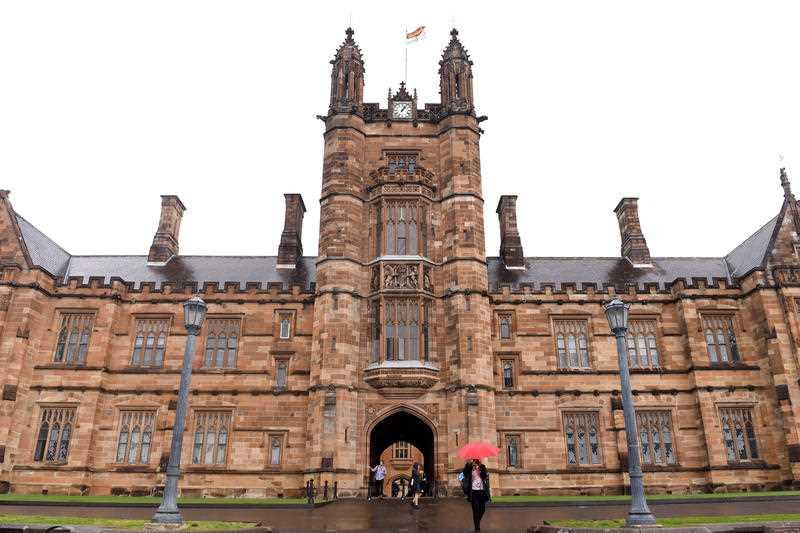Editors of a student-run newspaper in an Australian university have been slammed for their decision to withdraw an article detailing two academics’ ties to the Chinese Communist Party (CCP) due to supposedly “escalating Sinophobia” in society.
University of Sydney’s Honi Soit newspaper released a story on March 31 claiming two professors from its engineering department had ties to CCP recruitment programs and alleged that they collaborated with sanctioned Chinese universities on military technology research.





